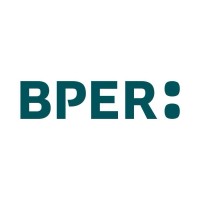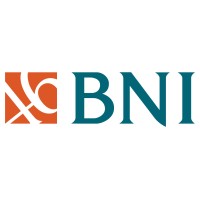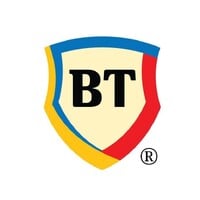Company Cyber Security Posture
NANA
NA Company Details
NA
NA
NA
NA
NA
NA
Scan still pending
NA
NA
Between 200 and 800
This score is AI-generated and less favored by cyber insurers, who prefer the TPRM score.
 NA Global Score
NA Global Score.png)

Company Scoring based on AI Models
| Model Name | Date | Description | Current Score Difference | Score |
|---|---|---|---|---|
| AVERAGE-Industry | 03-12-2025 | This score represents the average cybersecurity rating of companies already scanned within the same industry. It provides a benchmark to compare an individual company's security posture against its industry peers. | N/A | Between 200 and 800 |
Company Cyber Security News & History
| Entity | Type | Severity | Impact | Seen | Url ID | Details | View |
|---|
Company Subsidiaries

NA
Access Data Using Our API

Get company history
.png)
NA Cyber Security News
Third-Party Risk Management: The Ever-Growing Banking Dependency in the UAE Market
This blog explains the implication of third-party dependencies within the UAE banking sector, risks associated with it, and the regulatory framework.
Navy Federal's credit play, Coinbase outage and more banking tech news
The case, led by the U.S. Postal Inspection Service, charges eight individuals with conspiracy to commit bank fraud and other related offenses.

NA Similar Companies

BPER Banca
Da 150 anni scegliamo di crescere insieme alle persone che ci danno fiducia, nel territorio e per il territorio. BPER Banca oggi è una banca solida perché, forte delle proprie radici, è stata in grado di adattarsi ai cambiamenti facendone il proprio punto di forza. Dal 2009 ad oggi abbiamo affronta

TD
The Toronto-Dominion Bank & its subsidiaries are collectively known as TD Bank Group (TD). TD is the sixth largest bank in North America by assets & serves approx. 28 million customers in a number of locations in key financial centres around the globe. With over 95,000 employees, TD ranks among the

Caja Madrid
CAJA MADRID is the fourth Spanish financial group and it holds an outstanding position in credit markets and client resources. The CAJA MADRID Group offers a complete range of products and services of retail banking, business banking and private banking, with which it attends to the needs of 7 mi

PT. BANK NEGARA INDONESIA (Persero) Tbk.
Since its establishment in 1946, BNI has been part of the dynamic of national development in Indonesia. Now BNI has grown and developed into a solid national bank with a sustainable financial performance. ‘Serving the Country, Pride of the Nation”, BNI continues to increase its contribution for the

Banca Transilvania
Bun gasit. Noi suntem banca oamenilor intreprinzatori. 💛 Sau mai bine spus, compania care isi doreste ca lucrurile sa fie facute, ideile valorificate, iar visele implinite, sustinand oamenii care au curajul sa faca lucrurile putin mai diferit. Multi cred ca bankingul e doar despre bani, credite si

UBL - United Bank Limited
On 7 November 1959, UBL’s first branch at II Chundrigar Road in Karachi was inaugurated and with it launched a culture of service, innovation and financial excellence in Pakistan. A banking company incorporated in Pakistan and engaged in commercial banking and related services, UBL operates one of t

Frequently Asked Questions
Explore insights on cybersecurity incidents, risk posture, and Rankiteo's assessments.
NA CyberSecurity History Information
How many cyber incidents has NA faced?
Total Incidents: According to Rankiteo, NA has faced 0 incidents in the past.
What types of cybersecurity incidents have occurred at NA?
Incident Types: The types of cybersecurity incidents that have occurred include .
Additional Questions
What Do We Measure?
















Every week, Rankiteo analyzes billions of signals to give organizations a sharper, faster view of emerging risks. With deeper, more actionable intelligence at their fingertips, security teams can outpace threat actors, respond instantly to Zero-Day attacks, and dramatically shrink their risk exposure window.
These are some of the factors we use to calculate the overall score:
Identify exposed access points, detect misconfigured SSL certificates, and uncover vulnerabilities across the network infrastructure.
Gain visibility into the software components used within an organization to detect vulnerabilities, manage risk, and ensure supply chain security.
Monitor and manage all IT assets and their configurations to ensure accurate, real-time visibility across the company's technology environment.
Leverage real-time insights on active threats, malware campaigns, and emerging vulnerabilities to proactively defend against evolving cyberattacks.




